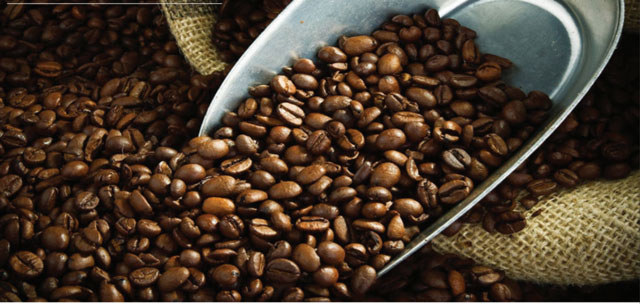
Nairobi, Kenya | XINHUA | The Inter-African Coffee Organization (IACO) said on Wednesday it has jointly launched a 14.3 million U.S. dollar intervention program to alleviate the impact of COVID-19 on the continent’s coffee sector.
IACO said it has teamed up with the International Coffee Organization (ICO) and the Center for Agriculture and Biosciences International (CABI) to design an emergency intervention program to ease the pain caused by the pandemic on the sector.
The initiative aims to alleviate market disruptions, food, nutrition, and income security challenges facing millions of smallholder coffee farmers across 11 countries for an initial three-year period, IACO secretary-general Fred Kawuma said in a statement.
“This pandemic has dealt a major blow to the coffee economy. World prices were already bad for producers at the beginning of the year before COVID-19,” he said. “The outbreak worsened the downward trend in coffee price to the disadvantage of vulnerable smallholder producers.”
“This is why we are working towards building resilience that will protect our producers,” Kawuma said.
The ICO projects a loss of exports valued between 100 million U.S. dollars and 200 million dollars, potentially affecting 6.6 million jobs in the coffee sector, particularly in the east Africa region.
It said COVID-19 has revealed the critical weakness of the agricultural systems in Africa, and particularly the growing concern of its coffee value chain.
According to IACO, the risk posed by COVID-19 on Africa’s agricultural sector remains critical, given the sector accounts for 23 percent of the continent’s gross domestic product, with food and agricultural exports averaging 35 billion dollars to 40 billion dollars annually.
Out of this, agricultural products, including coffee and food, worth 8 billion dollars flow through intra-regional trade every year, according to a McKinsey’s report calling for the need to safeguard Africa’s food systems against the pandemic.
The organizations said the program adds to support systems and agricultural practices that will ensure sustainable intensification of smallholder coffee farming systems in a manner that ensures income security devoid of the price shocks in the international markets, guarantee food and nutrition security of the smallholder coffee systems, and promote the creation of entrepreneurial jobs beyond farming, both in the rural and urban areas.
Activities along the entire value chains across the continent have been disrupted, leading to stockpiling of coffee at farm levels, reduced price to growers, reduced domestic consumption due to closures of coffee roasting units, cessation of movements and meetings, and closure of distribution outlets.
Denis Seudieu, chief economist of the ICO, said the program will focus on building a system where coffee smallholders are enabled to earn living incomes by systematically incorporating high-value nutritious crops that provide income during coffee off-seasons.
“It will consequently ensure that producing countries remain food secure amid reduced food imports due to COVID-19 and mitigate any future disruptions,” Seudieu said.
The organizations said the resilience created will make operators eligible for loan financing requests and the ability to consolidate their investments, thus creating business for the banks.
“In addition to ensuring income, food and nutrition security, the proposed complementary crops will form the basis for developing rural-based small and medium enterprises in aggregation, grading, packaging and distribution of coffee and produce from the associated crops,” said CABI regional director Morris Akiri.
******
XINHUA
 The Independent Uganda: You get the Truth we Pay the Price
The Independent Uganda: You get the Truth we Pay the Price



